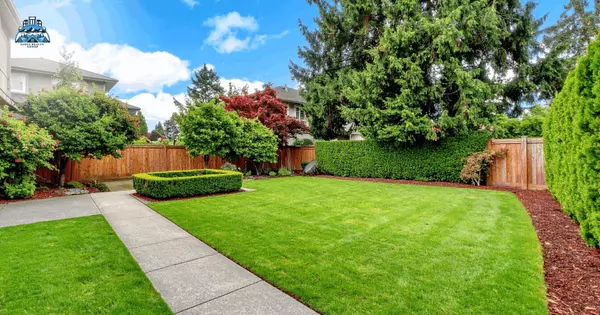
A Step-by-Step Guide to Video Walkthrough Prep
Video walkthroughs have become essential in real estate listings. They give buyers a sense of the home’s flow and layout before visiting. Start by decluttering each room to create clear pathways. Remove personal items like family photos so buyers can imagine themselves there. Make beds, straighten c

What to Look for When You Have Several Offers
Selling your home can be exciting, but it becomes more challenging when you receive several offers at once. The first thing to consider is the price each buyer is willing to pay, but it shouldn’t be your only factor. Sometimes the highest offer comes with stricter conditions that could cause delays.

The Impact of Scent in Home Showings
Scent can make a strong first impression when buyers enter a home. A clean, fresh smell can create a welcoming atmosphere, while an unpleasant odor can turn people away before they see anything else. Buyers often react emotionally to scent, even if they don’t realize it. A faint floral note or a war
Categories
Recent Posts











